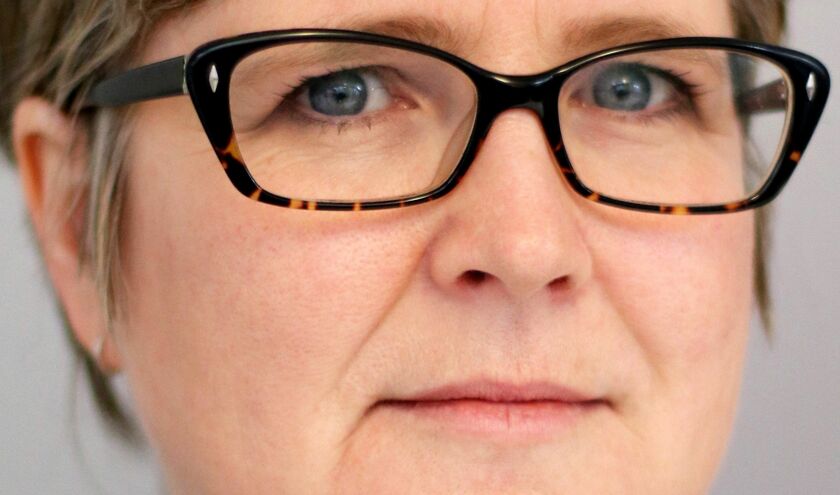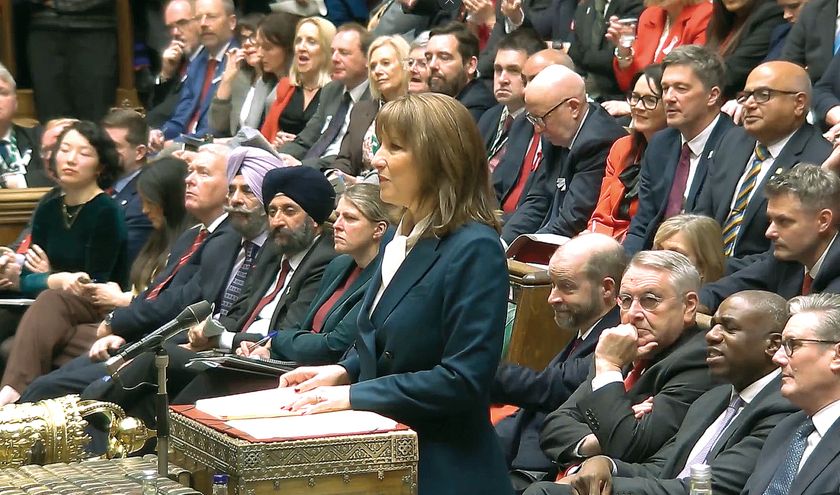NHS Providers said the predicted £7bn financial shortfall this year meant trusts were being asked to drastically reduce running costs while improve performance against key targets.
Interim chief executive of NHS Providers Saffron Cordery said: ‘Trust leaders have … heard loud and clear that overspending will not be tolerated and have made major inroads in tackling the huge financial deficit facing the NHS.
‘It's really worrying to hear trust leaders tell us highly valued staff and services including vital work to address health inequalities and prevention could be among the early casualties of budget cuts. These decisions are never taken lightly and will always be a last resort.'
In a survey, 47% of trust leaders warned they were scaling back services to deliver tough financial plans, with a further 43% considering this option.
Over a third (37%) said they were cutting clinical posts with a further 40% considering this.
In order to meet a 50% reduction in corporate cost growth, 86% said they would be cutting non-clinical posts, including HR, finance, estates, digital and communications.
A number of trusts said they were aiming to cut 500 posts or more with one planning a 1,000 workforce reduction.
Over nine in 10 (91%) said they would be cutting temporary staffing costs with 85% planning a recruitment freeze.
More than nine in 10 (94%) said the steps needed to deliver financial plans would have a negative impact on staff wellbeing and culture at a time when morale, burnout and vacancies were taking their toll and disquiet over pay and conditions is rising.
In further findings, 26% of respondents said they will need to close some services, with 55% considering this.
Almost half (45%) were moderately or extremely concerned their actions would compromise patient experience.
Respondents said patient experience (61%), addressing health inequalities (60%) and timely access to care (57%) were most at risk of being impacted.
In addition, nearly nine in 10 (88%) said they don't have enough funding to invest in prevention.
Reaction
Unison head of health Helga Pile said: ‘Ministers shouldn't be insisting trusts balance their books while ignoring the damaging consequences for patient care and a demoralised workforce. The NHS needs more staff, not fewer workers, if delays and waits for patients are to end.'
A Department of Health and Social Care spokesperson said: ‘We invested an extra £26bn to fix the broken health and care system we inherited, and through our Plan for Change, are determined to tackle inefficiencies and drive-up productivity in the NHS.
‘We have underlined the need for trusts to cut bureaucracy to invest even further in the front line, so we can support hard-working staff and deliver a better service for patients and taxpayers' money.'



